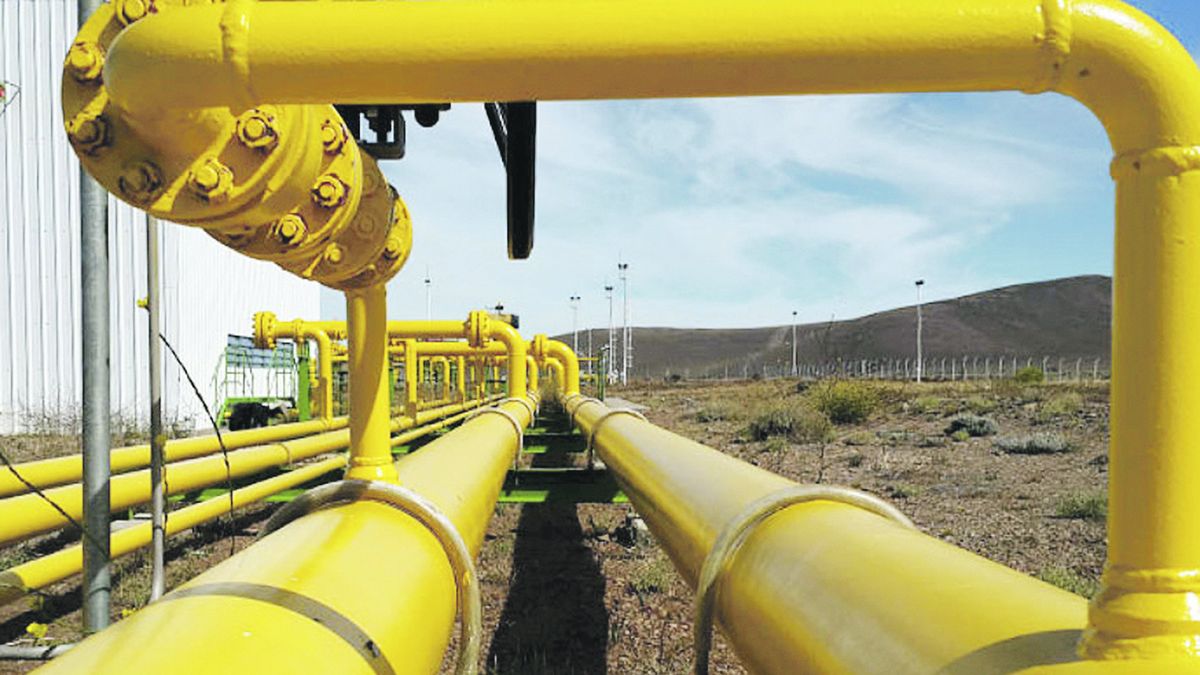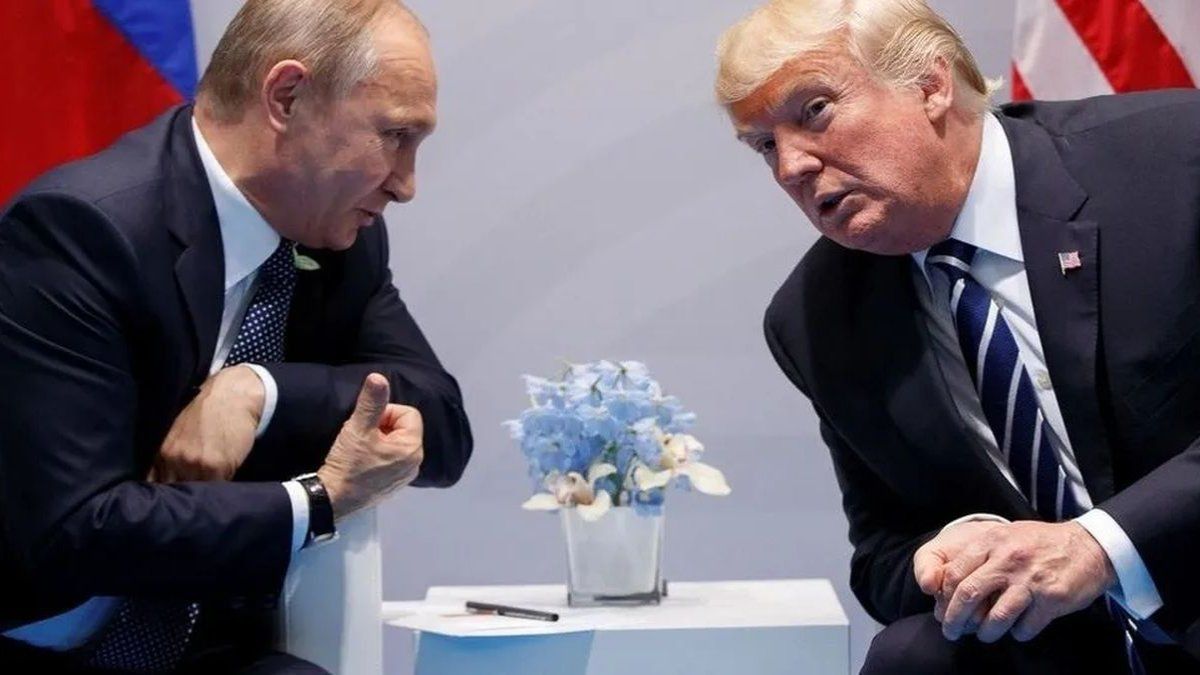The Government ratified that the Néstor Kirchner gas pipeline will be inaugurated on June 20. In August, the tender for the second tranche will be launched. So Argentina will reach the energy self-sufficiency in 2024 andfurthermore, it could go to export energy to Brazil. In this context, the local industry anticipates and raises fears that local supply is not favored, or that there is a price rise, given the greater competition that the powerful Brazilian industry will imply.
The fear, for the moment mentioned in more sectoral areas, was publicly expressed by the former Minister of Economy, Martín Guzmán, in a radio interview. “The gas pipeline allows you to increase the scale of production and this can result in lower prices, which would make the industry more competitive. But here the role of the State is going to be key because, if a regulatory framework is not defined, the opposite could happen, de-industrialization,” Guzmán warned.
To explain it, he explained: “Imagine that gas in Brazil is worth US$6 per million BTU. Here the cost of removing it is around US$3.5. A private company can say, well, having a gas pipeline, if they don’t pay me US$6 like in Brazil, I won’t sell it in Argentina, I’ll sell it there. Instead of the pipeline helping you lower your industrial costs for having cheap gas, the opposite would happen”.
The solution that Guzmán proposed is that there should be a more precise regulatory framework that “regulates the price when the scale goes up and production costs go down”. “It is a task that the current government has to do, before December 10,” he added.
Given this scenario, a source within the Government stated: “It is the discussion that is coming, and it is not far away”. There is different perspectives among the sectors of the Frente de Todos. For some, the internal price should have parity with the export price, views that are also shared in some sectors of Together for Change. However, from the energy point of view that is more closely linked to Vice President Cristina Kirchner, they assure that excessive prices should not be given to the industry, when production costs have dropped so much. “Vaca Muerta was developed by the Argentine company with YPF and subsidies; Now that it’s profitable, why don’t you meet the objective of having cheap gas for the industry?” is a question that is being asked in a sector of the government.
In any case, a high source from the Ministry of Energy lowered the tone of the discussion. On the one hand, close to the Secretary of Energy, Flavia Royón, they affirmed that “exports have to be authorized, depending on the supply of the domestic market”. In addition, from the Ministry of Economy they added that a regulation cannot yet be proposed “on a hypothesis”, since it is not known what the price of gas will be when it arrives in Brazil, due to the high transportation costs, since Brazil has long-term LNG contracts at “competitive prices”.
The discussion for some is distant, because infrastructure works are still missing. But it is not so. Argentina could reach Brazil with gas from the reversal of the northern gas pipeline and the construction of the La Carlota-Tío Pujio gas pipeline, whose call for tenders will be made in the coming weeks, according to official sources. Then, the gas network that came from Bolivia must be used to reach San Pablo. The works could be completed by 2024, but then for an export, contracts and prices must be defined. For the second section of the Néstor Kirchner gas pipeline, the Ministry of Energy anticipated that it will be tendered in August and that they already have financing offers from both Brazil and China.
In dialogue with Ámbito, Juan José Carbajales, an expert in hydrocarbons from the Paspartú consultancy, explained that the State has tools to intervene in these cases, such as when in 2022 Enarsa put a “ceiling” on the price of gas negotiated between the producers and the industry. “Producers arbitrate between local and export prices, as is the case today with Chile, but today the laws establish that it is first in the domestic market and, before enabling each export, the Ministry of Energy makes a report on the supply and demand”, assured Carbajales. However, his recommendation for the industry is that it can “contractualize” the purchase of gas in the long term “at a guaranteed and cheap price”.
Source: Ambito




